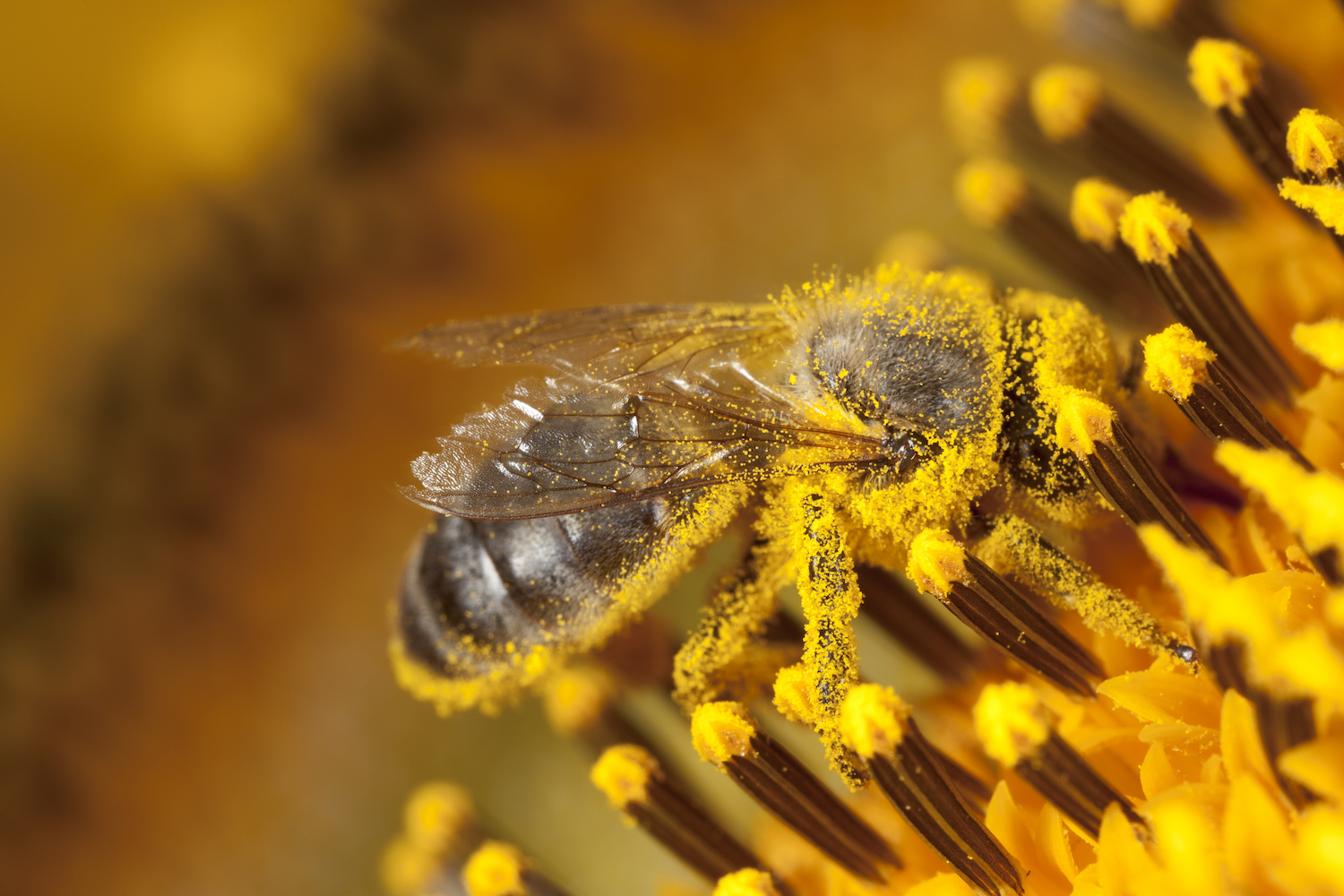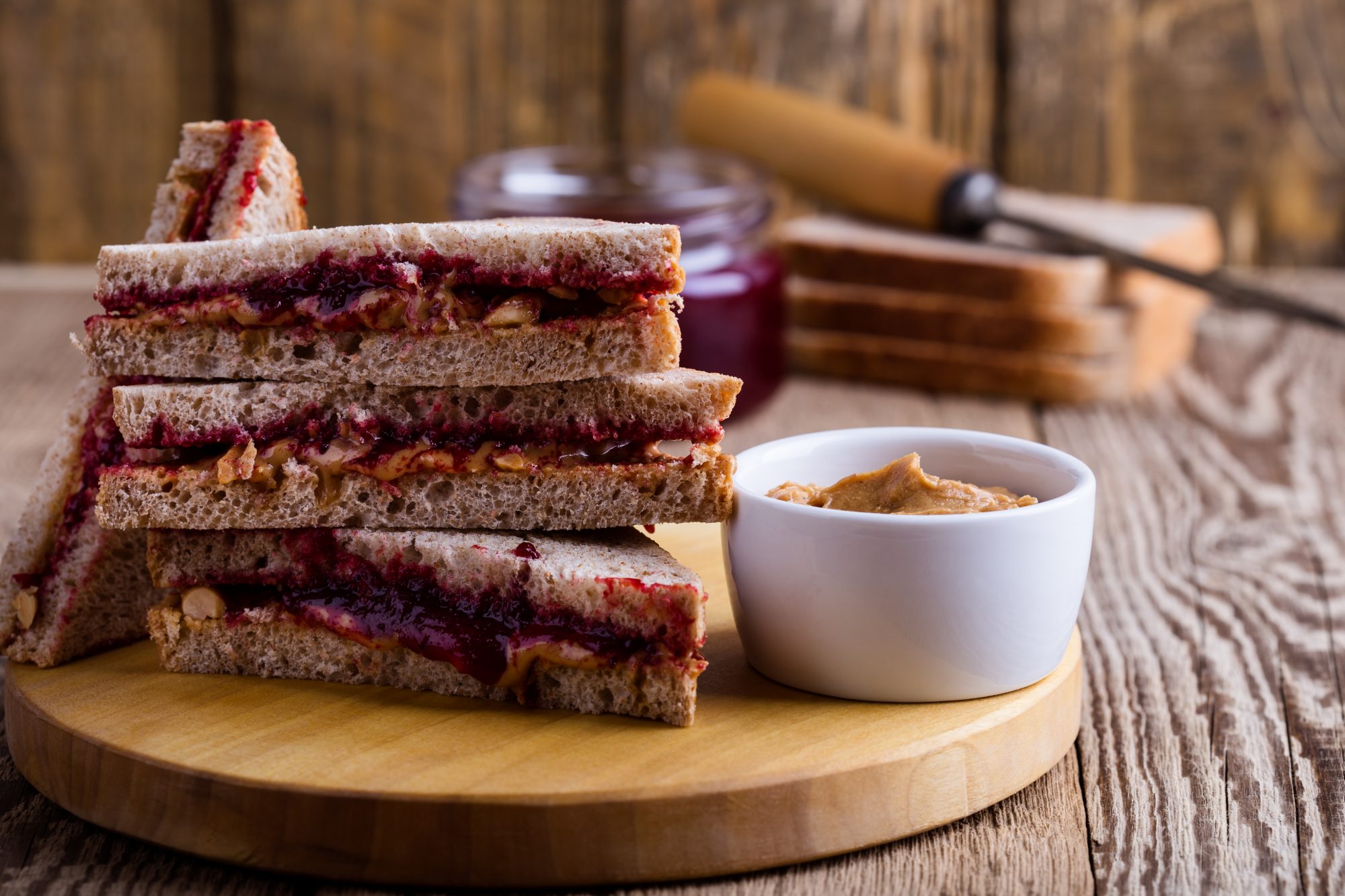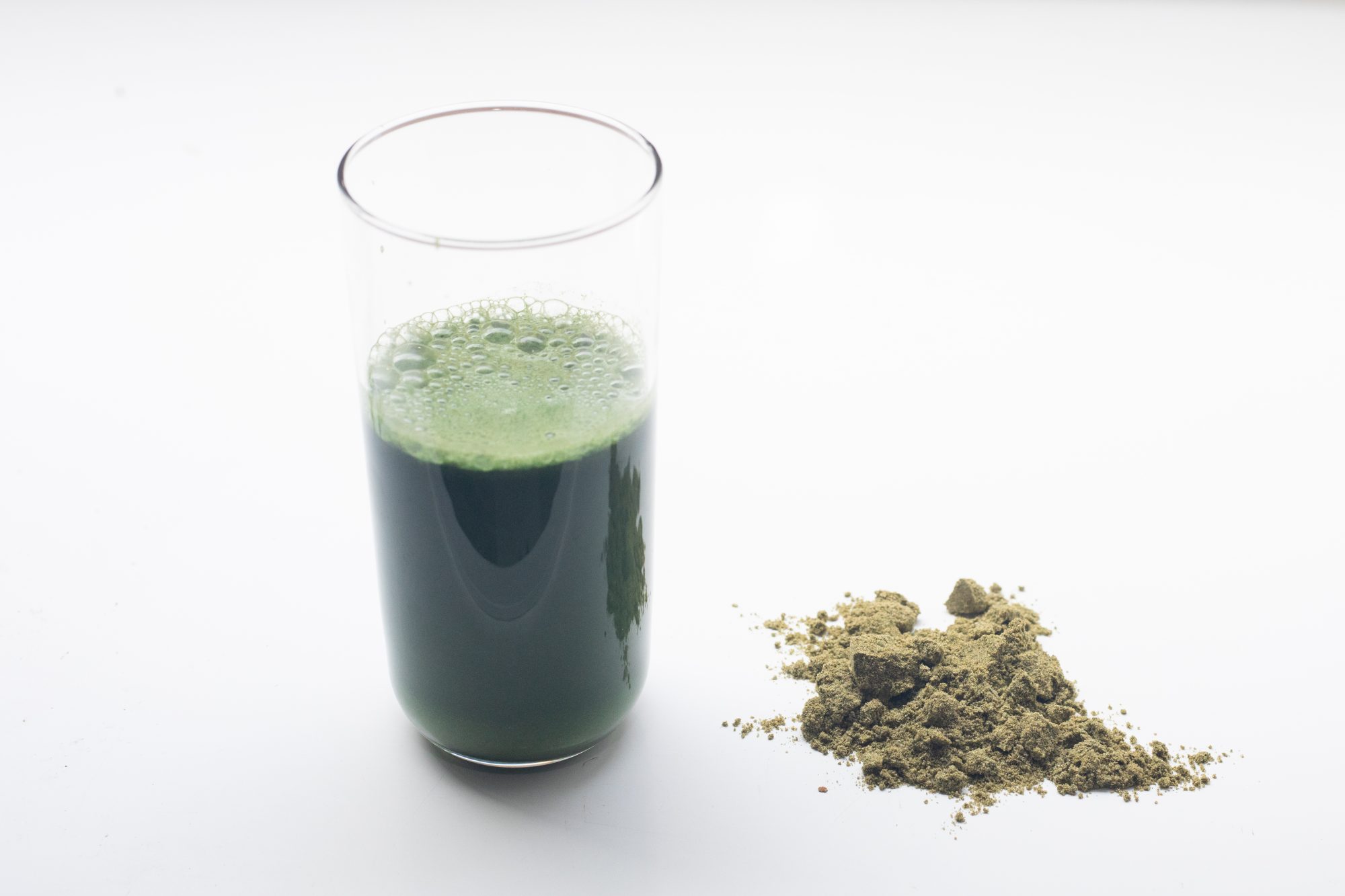With the turning of the season, allergies have become a common reality for us. When the leaves begin to fall or as the bees start to buzz, we embark on our search for histamine support. Typically that leaves many of us wandering the aisles of big box stores and loading our carts with all kinds of “medicine.”
The whole process can be daunting, along with the products being offered. Artificial flavors, synthetic ingredients and expensive products that only provide minor or temporary relief for symptoms not the cause.
You might have be wondering, is there an easier and more natural way to treat allergies?
Yes!
We’ve talked a little about allergies before, but it’s important to remember what they are.
Simply put, allergies are bodily reactions to allergens/antigens. Think of it as your immune system’s hypersensitivity to some things. It sees a threat and it reacts–even when that “threat” is just pollen or dust.
However, we can prepare our bodies for allergy season by supporting our immune systems.
As it turns out, the foods we eat and don’t eat can affect how our bodies respond.
Here are a couple ways to do that.
Eat A Green, Alkalizing Diet
Greens are pretty great. Brimming with phytochemicals and nutrients, they are essential for pretty much any diet.
But what makes them so special for allergies?
Well, leafy veggies can help alkalize your body with vitamins, minerals and antioxidants. If your body is too acidic, you may be more prone to allergies, among other things, such as fatigue and inflammation.
So keeping that level in check may help avoid some allergies.
Plus. greens can help cleanse your body and regulate your metabolism. A regulated metabolism can help alleviate symptoms or allow your body to react in a healthier manner.
Try Eliminating Allergens
Tailoring your diet or lifestyle may be another way to prepare for allergy season.
For people with stomach allergies, this diet could be especially helpful and pretty easy. So, for example, if you have a gluten allergen, follow a gluten-free diet as best as you can.
If you’re allergic to peanuts….well, you get the gist.
This method applies to outside allergens as well, like dander, dust and pet fur. If you’re allergic to cat hair, maybe don’t buy a cat.
But maybe you can head down to your locals farmer’s market and give the beekeepers a visit…
Chow Down on Some Local Honey
While this method does not have much scientific evidence, there are anecdotal stories. Some believe ingesting local honey can help you become more immune to local pollen-allergies.
So, what’s the theory behind this?
Well, it makes a lot of sense when you think about it.
Bees travel from flower to flower, pollinating and doing their bee business.
So, if you ingest honey from bees, theoretically you’re ingesting pollen as well. If you ingest local honey, you cold be ingesting pollen from your local environment.
As it follows for some, daily consumption could eventually lead to a stronger tolerance or immune response to local pollen.
By the time the pollen count skyrockets, your body could already be chill with its contents and you’ll be just fine.
It’s a simple theory, but unfortunately, this does not work for everyone. But, hey if you want to give it a try, go for it.
Prepare Your Microbiome
What’s another way to prepare for allergy season. Repair your microbiome!
Your microbiome and your stomach play an important role in your immune system and overall body function. So flushing out bad bacteria and replenishing good bacteria is a good route for some sufferers.
Many have turned to pre- and probiotics like our own Biome Medic.
The theory behind this is that your stomach will be teeming with good bacteria that will help your immune system perform at its best. So during allergy season, you might have a more comfortable time.
While these preparatory methods are cool, we totally get it. You might be going through allergies, right now!
So, are there natural routes to help deal with allergies as they occur?
Yup!
Fight Allergies with Natural Antihistamines
Many people turn to antihistamines for allergy relief. But what exactly are these?
Well, a histamine is a protein that is responsible for cold-like symptoms associated with allergies. You know, sneezing, eye-discomfort, etc.
So, antihistamines block histamines; therefore, they block those symptoms and stop the allergic reaction.
You can find antihistamines in your drug store’s allergy section, but luckily you can also find them naturally in food.
According to Healthline, the following may be of benefit:
- Stinging Nettle – This herb has quite a history in natural medicine. One study found that 58% of participants found relief with consumption of 300 mg of freeze-fried nettles each day.
- Quercetin – If it sounds like a suspicious drug to you don’t worry, this is actually just an antioxidant found in onions and apples. Some studies show the nutrient can help lessen the respiratory blow of allergies.
- Bromelain – This is another nutrient that sounds foreign, but is actually naturally found in pineapples. For inflammation-related allergic reactions, this may help provide relief.
- Vitamin C – This vitamin is a common prescription for allergy season. It’s a pretty safe bet for treating stuff nose and other similar symptoms.
Others may find that spirulina and chorella can help alleviate allergic symptoms. Studies have linked these sea-greens to the relief of runny noses and similar symptoms.
Find Relief Support with the Allergy Reduction Pack
We know allergies can totally destroy a good day or make your days unbearable. That’s why we created the Allergy Reduction Pack, which features a ton of the natural aids mentioned above!
The pack includes:
- Aloe Digest (aloe vera and probiotic) – This can help provide digestion-related symptom relief and support your immune system through the gut.
- Green Spectrum (greens, including leafy greens, spirulina and chlorella) – This green blend can also help support your immune system and provide alkaline maintenance.
- Enzyme Advantage – This powerful digestive health supplement can help support the power of our blends, while also aiding healthy digestion, nutrient absorption and healthy immune function.
Sources:
https://www.healthline.com/health/allergies/best-natural-antihistamines#1
https://draxe.com/8-natural-allergy-relief-remedies/
https://www.healthline.com/health/allergies/honey-remedy
https://www.ncbi.nlm.nih.gov/pubmed/24324897



